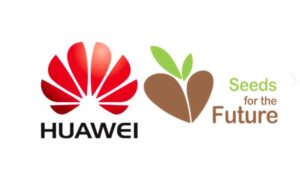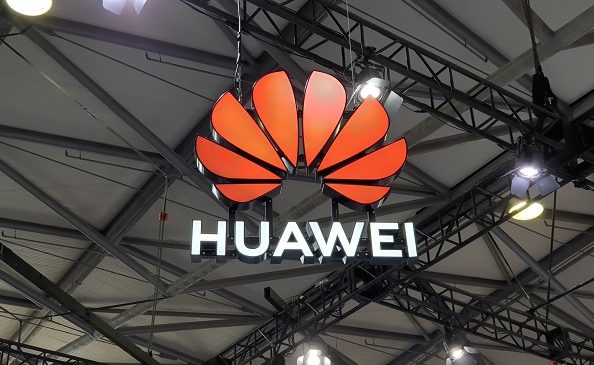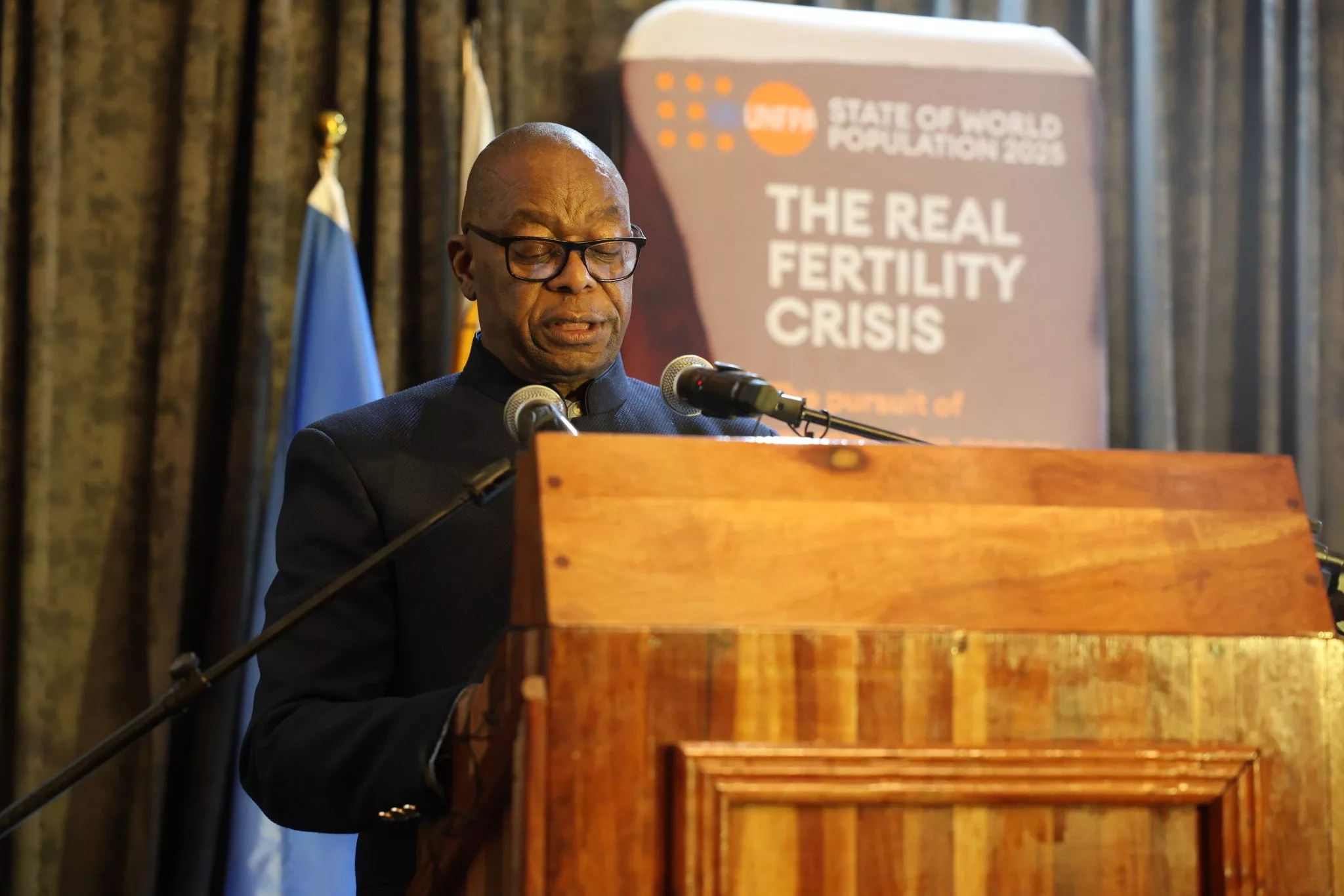|
Getting your Trinity Audio player ready...
|

By Lloyd Rabaya
With technology improving on a daily basis, Chinese telecommunications giant Huawei, Seeds for the Future program beneficiaries have lauded the company for the frontage they received while participating in the competitions.
In Zimbabwe, there has been a gap between the school and the industry, but Huawei is on the drive to fill the gap with their various programs, including the Seeds for the Future.
A total of 50 students went through the virtual training course which started on 20 November and ending today.
The students at this year’s edition, who spoke to Spiked Media, said they have learnt a lot and now have greater insight in their programming, including new cutting-edge technologies like Artificial Intelligence (AI), 5G network, digital power and many others.
“I am going to implement machine learning in my project because there was a full course on machine learning and deep learning. Therefore, I am going to use what I learnt to put it into practice when I implement my prototype,” said Rumbidzai Gwinji, a final year Computer Engineering student at University of Zimbabwe.
As the world is gravitating towards AI, which is applicable in various fields, participants at the annual program said Huawei introduced them to this phenomenon that can greatly improve Zimbabwe’s economy if adopted.
Zimbabwe is one of the biggest producers of tobacco, and it is one of the foreign currency earners to the Southern African nation.
Another Seeds for the Future participant Rodrick Sanhokwe, a Software Engineering student with the Zimbabwe Open University (ZOU), believes that the introduction of AI in the tobacco industry will make the processes more efficient at the same time making work easier for mankind.
“The Seeds for the Future has been beneficial and eye-opening to new technologies that are emerging. My area of interest is AI and how we can adopt it in solving most societal problems.
I have learnt that AI can be helpful in farming particularly tobacco leaf-grading. Currently it is being done manually by classifiers, but we can automate the process,” he said.
Sanhokwe added that he also learnt about, “the emerging 5G which is a very speedy network with a speed of about 20 Gigabytes (GB) per second.”
This is also in line with Huawei’s mandate of bringing digital to every person, every home and every industry.
Tapuwa Mukucha, a student at Arrupe Jesuit University said during the program, he learnt a lot and feels he is now miles ahead of his classmates who could not participate at the program.
“My areas of interest have been AI and cyber-security because AI is a digital tool that we use in our daily livelihoods. Through the program I have also learnt that in cyber-security when doing things like hacking that we see in movies, always be on the right side, because it is all about protecting people’s information and being able to keep it private,” he said.
Since 2015, Huawei has been grooming Zimbabwean talent in the Information Communication Technology (ICT) sector through their programs including the Huawei ICT Academy.
After completing the course, the participants will also stand a chance of being employed by Huawei.






